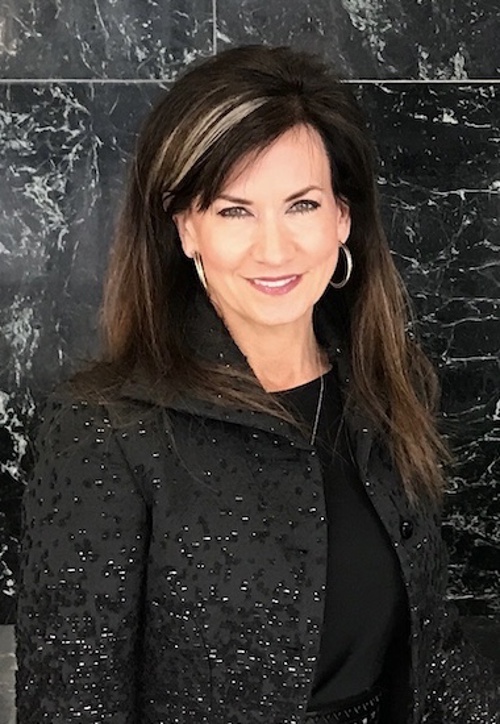ADA, partners take steps to achieve greater licensure portability for dentists
Public can review model legislation for creating interstate agreement

Improved licensure portability for dentists and dental hygienists is closer than ever, as the American Dental Association continues to work with other agencies to make it a reality.
"Licensure is a process all dentists must go through at least once in their professional lives to practice dentistry. In the U.S., licensure requirements vary state by state," said Donna Thomas-Moses, D.M.D., chair of the ADA Council on Dental Education and Licensure. "If dentists move across state lines or practice in a state other than where they earned their dental degree, they could face significant burdens on their finances and time as they obtain a new state license."
The ADA has supported licensure portability for dental professionals for more than 20 years, and in 2018, it established the Coalition for Modernizing Dental Licensure with the American Dental Education Association and American Student Dental Association. The coalition has since grown to include 120 member agencies.
To establish licensure portability, states can form interstate compacts, which are legal contracts between two or more states that allow them to cooperatively address shared problems, maintain sovereignty over issues belonging to states and respond to national priorities with one voice. Compacts specifically formed to address occupational licensure in the health professions help facilitate multistate practice for practitioners, maintain or improve public health and safety, and preserve state authority over professional licensing.
"Facilitating the interstate practice of dentistry and dental hygiene could improve public access to services and support the ability of dentists and dental hygienists to provide dentistry and dental hygiene services when relocating in participating states," Dr. Thomas-Moses said.
In 2021, the U.S. Department of Defense made grant funds available to the Council of State Governments - the nation's largest nonpartisan organization that serves all three branches of state government - to assist professions in the development of new interstate licensure compacts. The department is primarily interested in licensure compacts to reduce the burden of obtaining multiple licenses for military spouses.
With support from other stakeholder organizations, including the Coalition for Modernizing Dental Licensure, American Dental Hygienists' Association, American Dental Education Association, American Association of Dental Administrators, Association of Dental Support Organizations and the Joint Commission on National Dental Examinations, the ADA Council on Dental Education and Licensure applied for assistance for the professions of dentistry and dental hygiene. The Department of Defense then selected these professions to receive technical assistance from the Council of State Governments to draft model interstate compact legislation, develop a legislative resource kit and convene a national meeting of state policymakers to introduce the compact.
The process is currently in its first phase: drafting model legislation. The model legislation draft - which ADA staff helped to write as part of a team made up of experts, stakeholders and state officials - is available for public review and comment until Sept. 30 at compacts.csg.org/compact-updates/dentistry-and-dental-hygiene.
The developers will then revise the draft based on feedback and likely release the finalized model legislation in early 2023.
The next phase will then include developing a legislative resource kit and convening a national meeting of state policymakers to encourage state legislatures to adopt compact legislation using the model legislation as their guide. Between five and 10 state legislatures need to formally adopt the compact before it becomes operational, with the goal being to have all 50 state legislatures eventually adopt it.
In addition to achieving licensure portability among all licensing jurisdictions in the U.S., another key goal of the Coalition for Modernizing Dental Licensure is achieving adoption of valid and reliable examinations for dental licensure that do not include the use of single-encounter, procedure-based examinations on patients.
In 2020, all regional testing agencies began making manikin-based examination options available for use by state boards for both dental and dental hygiene licensure. That same year, the Joint Commission on National Dental Examinations launched the Dental Licensure Objective Structured Clinical Examination, which replaces patients with advanced 3D models in a controlled virtual environment. A version for dental hygiene is expected to launch in 2024.
The Coalition for Modernizing Dental Licensure offers resources on its newly reimagined website, which launched this summer at dentallicensure.org, including webinar recordings and links to the ADA's interactive dental licensure maps. The coalition's annual meeting will take place at noon CDT Sept. 15 via Zoom. To learn more and register, visit its website.



